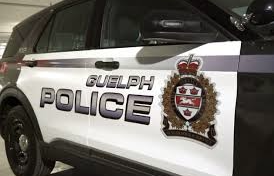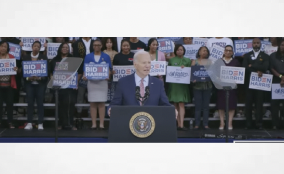Here’s what they say
Decriminalisation in the ACT but still illegal to do TGA-approved psychedelic therapy
Mind Medicine Australia chapter leader, Tony Shields, has said the ACT’s decriminalisation of illicit drugs showed the ACT had a government that was prepared to look at the facts but noted the contradiction that now exists between recreational usage of MDMA (ecstasy) and psilocybin (magic mushrooms) and their clinical usage in TGA-approved therapy to treat treatment-resistant PTSD and depression patients.
Mr Shields said, “Soon it won’t be a criminal offence to take ecstasy while nightclubbing but it will still be a criminal offence for a trained psychiatrist to give a TGA-approved treatment to a veteran who has served this country and suffers from treatment-resistant PTSD as a result.”
Furthermore, “Clinical usage of MDMA and psilocybin in psychotherapy is significantly safer than recreational usage. The substances in clinical settings are unadulterated, the dosing levels are controlled, patients can’t take the substances home and patients are screened to ensure that they have no contraindications. It seems silly not to allow it we are going to decriminalise and the treatment has been approved by the Therapeutic Goods Administration.”
Currently the TGA can, under its Special Access Scheme, provide an approval to a medical practitioner to treat a treatment resistant patient with MDMA-assisted psychotherapy for PTSD and psilocybin-assisted psychotherapy for depression. However a “Catch 22” exists between Federal and ACT legislation because a medical practitioner with approval from the TGA who prescribed one of these therapies for a patient in the ACT would, despite decriminalisation, be criminally liable under current ACT legislation.
Mr Shields said the Health Minister, Rachel Stephen-Smith, and Mental Health Minister, Emma Davidson would consider changing ACT legislation to solve the Catch 22. Mr Shields welcomed this and hoped that a solution would come sooner rather later.
Last week Ex-Chief of the Defence Force, Admiral Chris Barrie AC, urged the ACT Government to solve the Catch 22 noting that MDMA-assisted psychotherapy in particular offers hope to veterans and others who have been battling PTSD for years.
Admiral Barrie said that, “I have no comment on the pros and cons of the ACT’s push for decriminalising the personal use of psilocybin and MDMA. However, if this happens, it would be ridiculous if a medical practitioner, properly trained in the application of psychedelic assisted, couldn’t prescribe MDMA or psilocybin as part of psychotherapy to treat a patient suffering from treatment resistant PTSD or depression in a much safer clinical environment.
“Sufferers with treatment resistant PTSD or depression can be at severe risk because, by definition, they have exhausted conventional treatments. Allowing a medical practitioner in the ACT with Special Access Scheme approval from the TGA to provide psychedelic assisted therapy gives the patient the opportunity of receiving a treatment that has been shown to be safe with high remission and response rates”
Mr Shields said that “The Special Access Scheme is a compassionate and sensible scheme that recognises that current mainstream treatments aren’t providing a solution to certain patients with PTSD or depression and that those patients are suffering because of this treatment failure. There are now ACT medical practitioners trained in the application of psychedelic-assisted psychotherapy who would like to have it available as an option for treatment resistant patients. It seems cruel to deny this when the medical practitioner has already received a TGA approval for that patient”.
Overseas trials have found that MDMA-assisted psychotherapy can be safely used to treat patients with post-traumatic stress disorder (PTSD) and psilocybin-assisted therapy can be safely used to treat patients with depression. In both cases remission and response rates have been high. The treatments involve only 2-3 sessions with the medicines as part of psychotherapy and only occur in medically controlled environments.
Although not yet mainstream treatment, Canada, Switzerland, Israel and the United States enable these therapies to be available to medical practitioners and their patients on a case by case basis. The TGA’s Special Access Scheme replicates what these countries have done but the ‘Catch 22’ in the ACT legislation stops it from actually occurring.


















